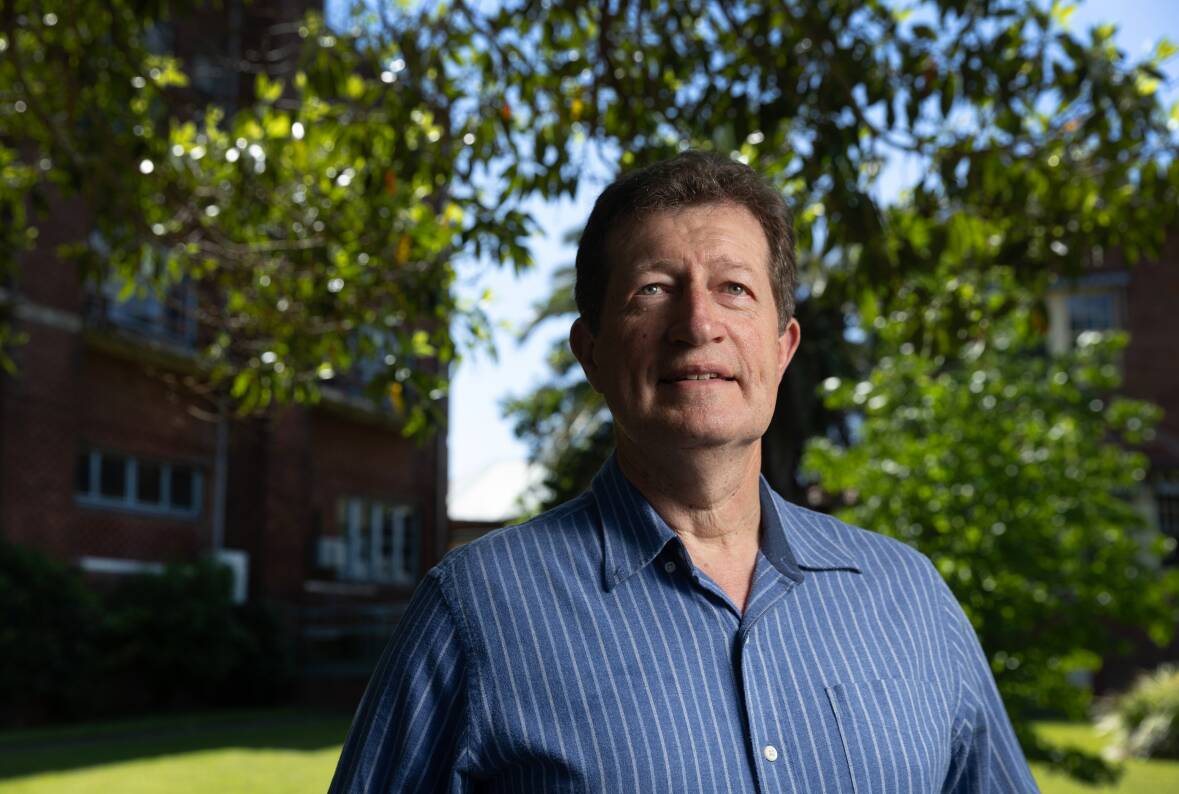
COVID vaccine rates in the Hunter have dropped to 8 per cent of people aged 18 and over, but infections are rising in the lead-up to Christmas.
This vaccine rate, which fell six per cent in a month, represents people vaccinated in the last six months.
The vaccine rate for NSW and Australia for people aged 18 and over was listed this month at 7 per cent.
COVID vaccine rates began to decline after the first two doses, which occurred during public health orders and workplace mandates.
The Australian Technical Advisory Group on Immunisation (ATAGI) now recommends boosters mainly for older people and those with medical comorbidities.
Dr David Durrheim, of Hunter New England Health, said this advice "tries to balance benefits, risks and costs".
However, Dr Durrheim said NSW Health had "pushed up the alert level for COVID to high".
"There's still a lot of COVID around," Dr Durrheim said.
He said patients in hospital with COVID, aged-care outbreaks and sewage detection of viral particles had all risen.
The Hunter New England district has 36 patients in hospital with COVID and one in ICU.
"When we're in a lull, generally it drops down to single digits," he said.
"There are currently six aged-care outbreaks in Hunter New England."
He added that positive PCR tests for COVID in pathology labs that cover Hunter New England were at 11 per cent, "which is high".
These tests are from people with respiratory illnesses who are unwell enough to seek medical attention and be tested.
NSW Health data, released on Thursday, showed 436 positive COVID PCR tests in Hunter New England, rising 19 per cent from 367 a fortnight ago.
"Activities at this time of year mean the opportunities for transmission are so much greater," Dr Durrheim said.
"People are congregating in noisy, packed indoor environments."
Dr Durrheim said he "strongly advised those in high risk groups to get a booster".
He added that GPs were "doing a fantastic job" in preventing COVID deaths by prescribing more antivirals.
He urged people to "use both strategies".
"If you get a booster and encounter COVID, the risk of getting clinical disease is decreased and the risk of severe disease is very small," he said.
Dr Durrheim said the latest research showed there was "no doubt that the prevalence of long COVID is dramatically decreased by people who have been recently vaccinated".
"You don't want to take your chances with long COVID. You can dramatically reduce your risk by getting a booster.
"If you do get COVID and are in the high-risk groups, get a plan with your GP to get a script for antivirals.
"The key is to start the antivirals early."
He said the antiviral drug Paxlovid "makes a dramatic difference to the duration of infection and likelihood of complications".
The other approved antiviral drug molnupiravir, sold under the brand name Lagevrio, was found in a major UK study to be no better than a placebo.







